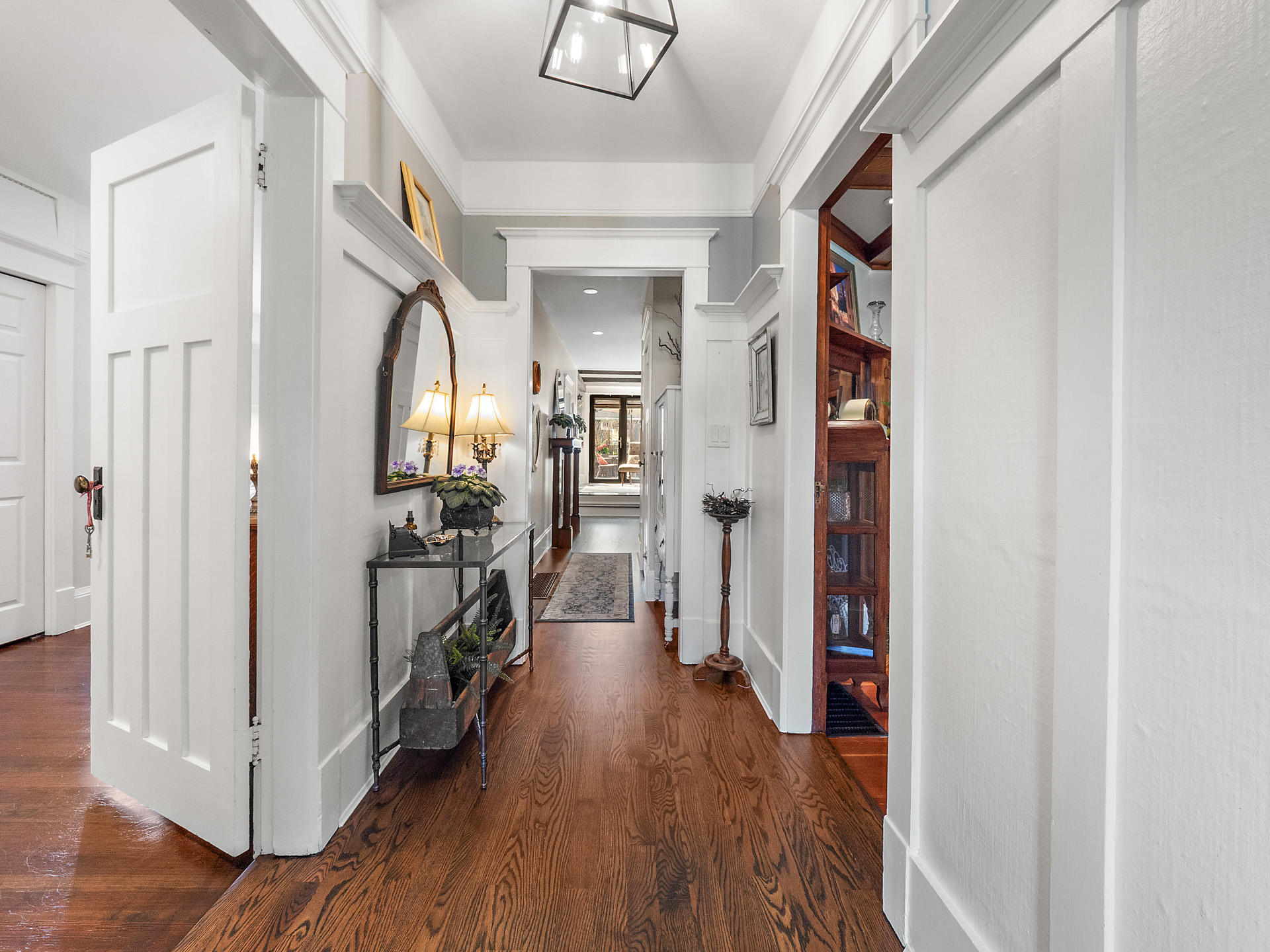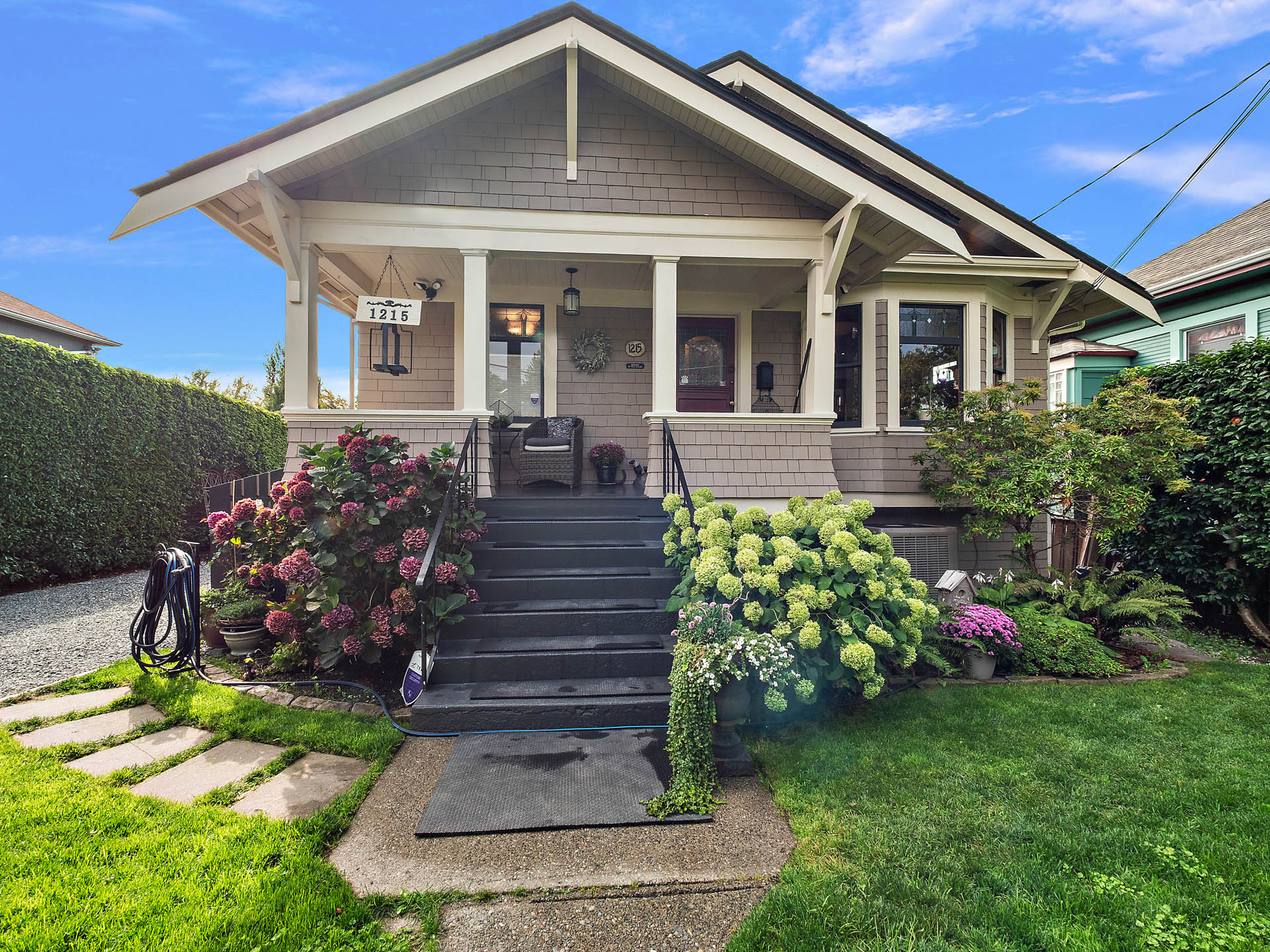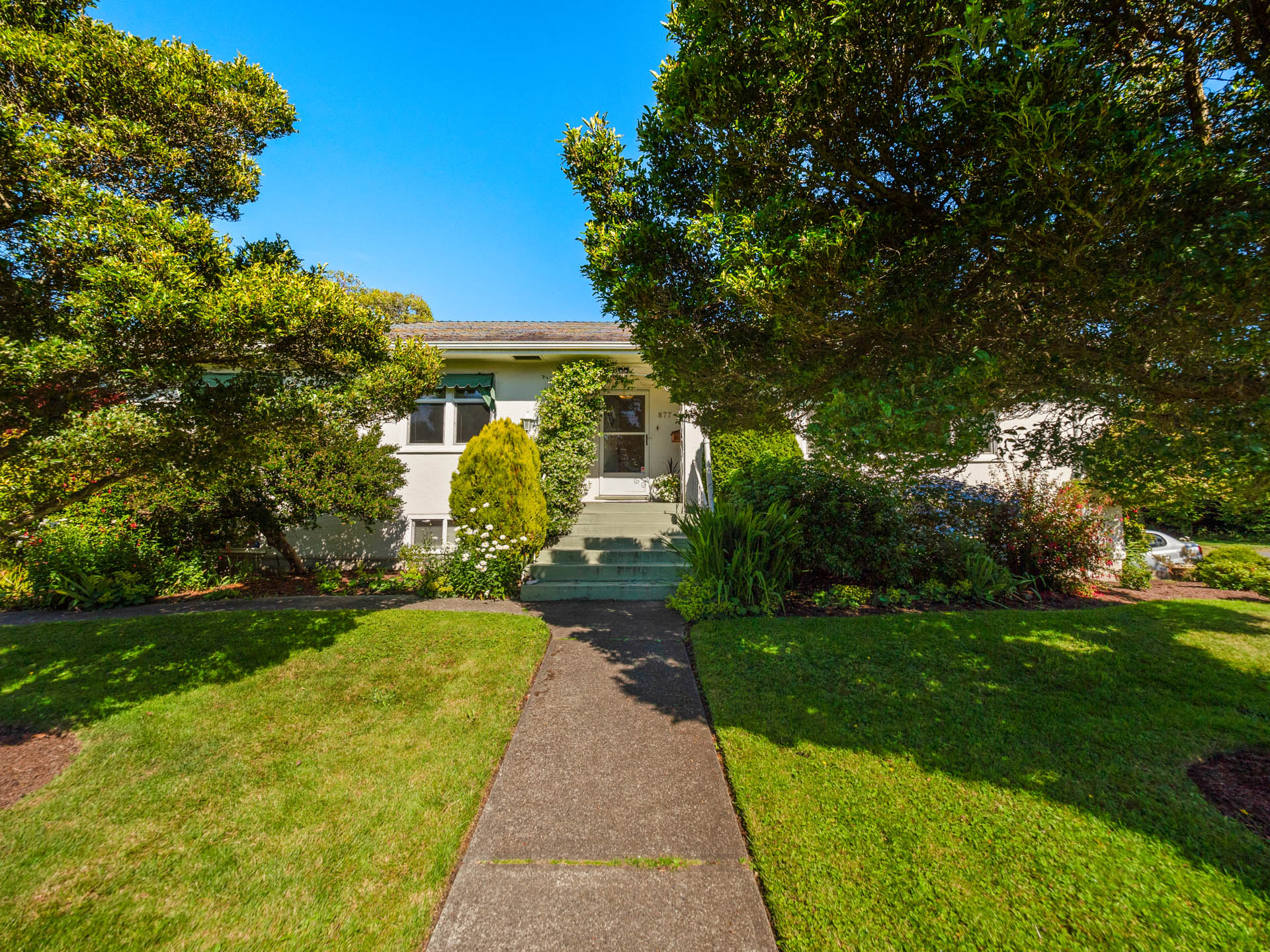Should you move now?

Making Your Home Relevant for Today's Realities
Living in and around Victoria gives homeowners and prospective buyers a special vantage point: beautiful geography, strong neighbourhoods, lifestyle amenities. But in times when political winds are shifting, government policies are in flux and macro-conditions feel uncertain, the decision to move or not takes on more nuance. The key isn’t only should you move, but how do you make your home relevant in today’s evolving landscape.
Why the 'political climate' matters
Politics influences housing, not just interest rates or economic cycles. Politics influences regulation, taxes, foreign buyer controls, infill zoning, supply initiatives etc.
-
The federal government’s housing plan commits to building more homes faster and making it easier to rent or buy. Build Canada Homes
-
Politics and housing are closely intertwined and political developments are leaving fingerprints on the housing market.
-
Canadians overwhelmingly believe homeownership brings stability and a better future, even amid uncertainty.
In short, while you can’t predict every policy move, you can anticipate that policy will continue to shape how homes are used, valued, regulated and lived in.
Does moving still make sense?

Yes it does, but with caveats. Here are the factors to weigh.
Reasons it can make sense
- If your life circumstances (job, family, lifestyle) are changing and the current home isn’t a fit, moving can provide long term living value rather than purely speculation.
-
If you find a home that already aligns with future proof features (flexible space, energy efficient, good neighbourhood) that gives you an edge.
-
If you’re buying with a 5-10+ year horizon, you’re more insulated from short term policy swings.
Reasons for caution
-
If your motivation is purely hoping for quick gains or market timing in a policy volatile context, that’s riskier.
-
If you haven’t prepared for regulatory changes (zoning, taxation, rental rules) or cost increases (insurance, carbon/energy policy) you may face surprises.
-
If you’re very location sensitive to policies (supply/demand driven neighbourhoods) shifts can impact affordability and mobility.
In the Victoria context - You may benefit from acknowledging that while the market regarding may feel uncertain, the value of a home increasingly is about fit, flexibility and resilience. This is a strong message for both sellers and buyers.
Positioning your home for success

Instead of focusing solely on selling or moving in the near future, homeowners should consider how well their home meets their needs today and how it will continue to do so in the years ahead. Here are ways to position and upgrade your home accordingly.
Design for flexibility
Homes that can easily adapt ot changing work, life or rental uses are standout.
-
A spare room or a portion of the basement that can become a home office, guest suite or short-term rental (if regulation allows).
-
Open or semi open floor plans that allow for multiple uses without major structural change.
-
Good access to connectivity (internet, power) in all parts of the house, so remote work or hybrid life is seamless.
Prioritise sustainability & energy efficiency
With political emphasis on climate, energy & regulation, homes built for the future lead the way.
-
Investing in better insulation, triple pane windows, heat pump systems or smart thermostats puts you ahead of potential regulation and cuts costs. For example, the federal plan includes incentives for energy efficient retrofits.
-
Use of durable, low maintenance materials that withstand policy shifts (ie. greener construction codes, carbon pricing).
-
Highlighting features that reduce lifetime cost of homeownership not just purchase cost will speak to today’s buyer mindset.
Stay local-policy aware
Because changing rules can impact value, usage and mobility, staying informed matters.
-
Monitor municipal zoning changes, infill policy, secondary suite rules.
-
Be aware of any provincial/federal incentives for homeowners or penalties that could affect upgrades or taxes.
-
Think about how this home would perform if you had to stay 10 years instead of 2 and how would you use it in a flexible manner.
Maintain timeless appeal with smart upgrades
In a climate of uncertainty, homes that feel solid, comfortable and well maintained stand out.
-
Preserve character and quality in older homes but modernise key functions like kitchens, bathrooms, lighting and technology.
-
Choose upgrades that aren’t just trendy such as built-in storage, quality finishes, comfort features, soundproofing, lighting and outdoor integration.
-
Show returns in living value (better daily life) not just future sale value. This will resonate with Buyers when market direction isn’t clear.
The Takeaway

Yes, moving can still make sense, but the calculus is shifting. In an unpredictable political and regulatory atmosphere, homeowners and buyers need to lean into relevance, flexibility and resilience rather than speculation alone. A home that meets your life today and adapts to tomorrow will hold its value in more ways than simply sale price.
No matter what’s happening in the world, your home should be your place of comfort and stability. If you’re wondering whether now’s the right time to make a move or are simply curious about how to make your home work better for you, I’m here to help you find clarity and confidence in your next step.
Posted by Stephen Foster on


Leave A Comment